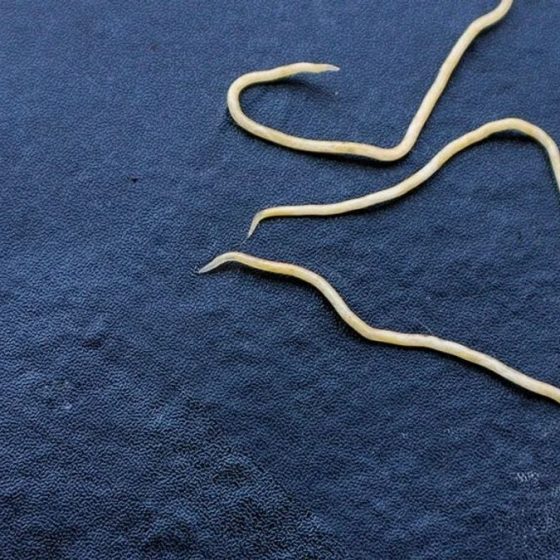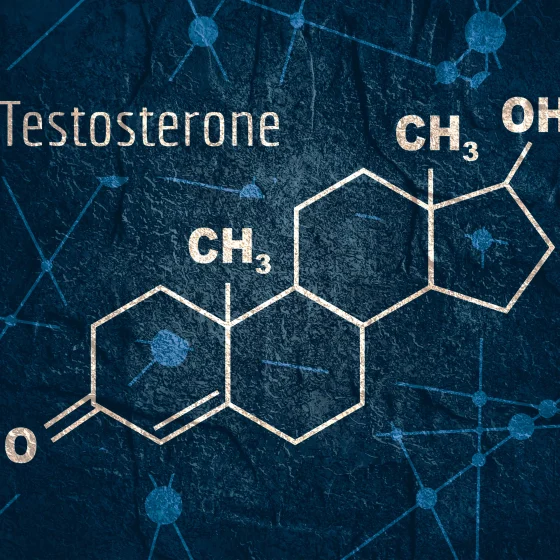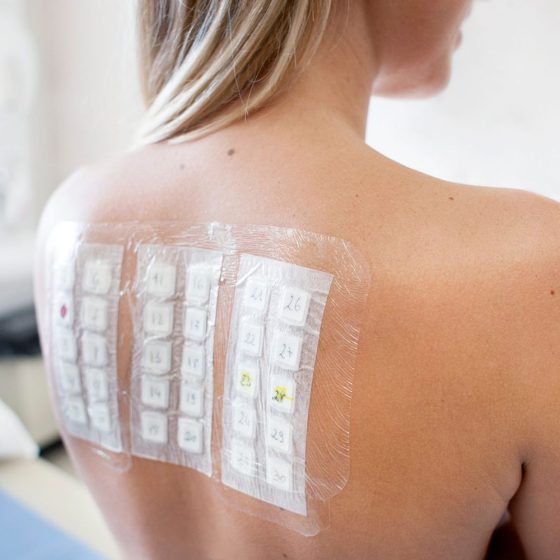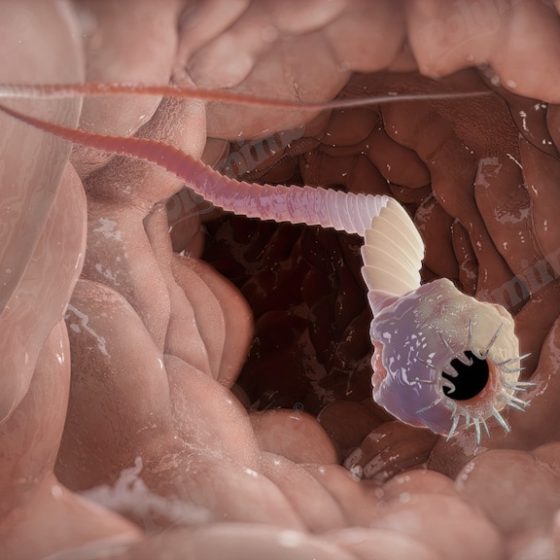Thrombocytopenia
What is thrombocytopenia? Thrombocytopenia is a condition in which the platelets (also called thrombocytes) are low in number, which can result in bleeding problems. Platelets are a type of blood cell that are important for helping blood to clot. When you cut yourself and the wound bleeds, platelets clump together at the site of the wound to stop the bleeding. Platelets may be low in number if the body is not making enough of them, if they are being destroyed, or if they are being trapped in the spleen. The spleen is an organ that acts as a filter of






